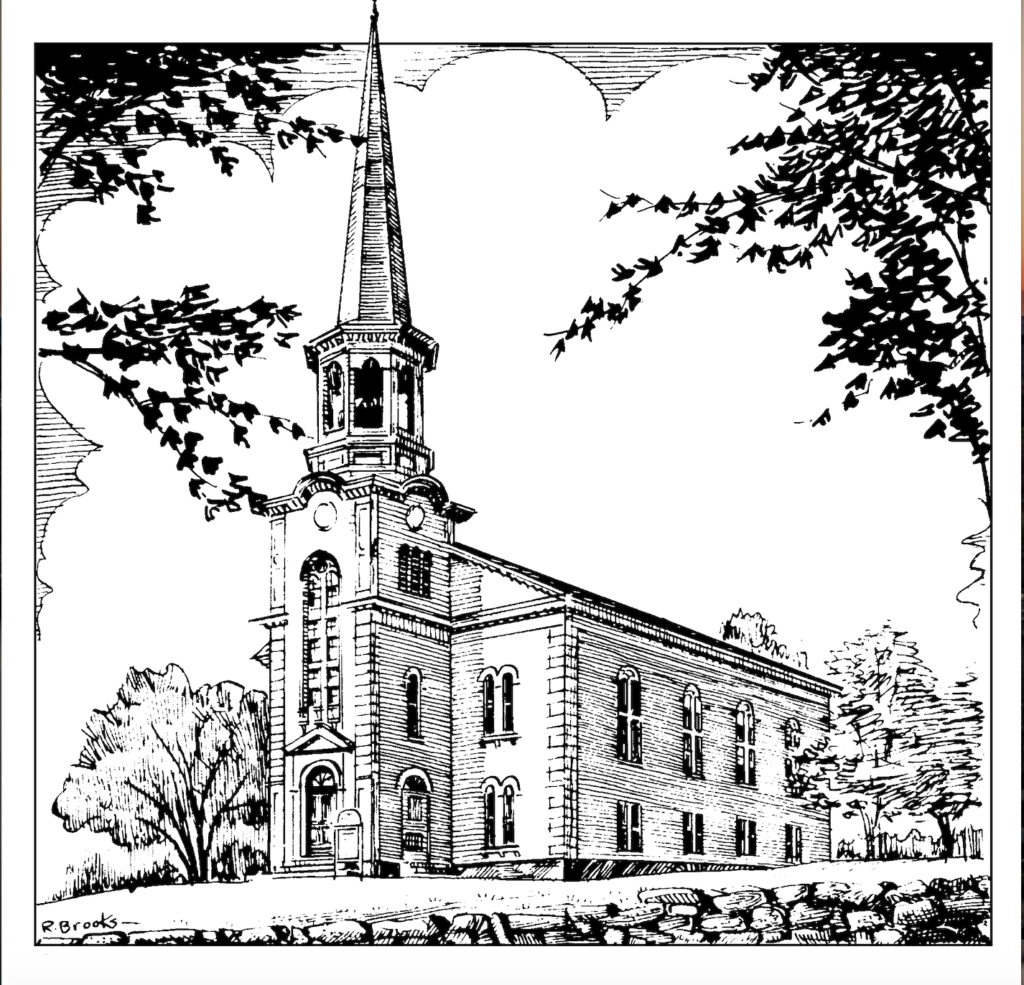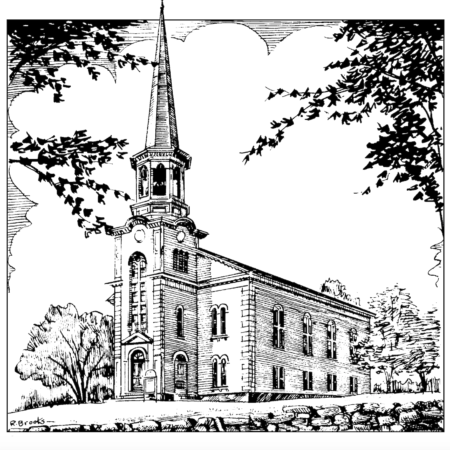
A Bold Witness to the Truth
John 9:1-41
9As he walked along, he saw a man blind from birth. 2His disciples asked him, “Rabbi, who sinned, this man or his parents, that he was born blind?” 3Jesus answered, “Neither this man nor his parents sinned; he was born blind so that God’s works might be revealed in him. 4We must work the works of him who sent me while it is day; night is coming when no one can work. 5As long as I am in the world, I am the light of the world.” 6When he had said this, he spat on the ground and made mud with the saliva and spread the mud on the man’s eyes, 7saying to him, “Go, wash in the pool of Siloam” (which means Sent). Then he went and washed and came back able to see.
8The neighbors and those who had seen him before as a beggar began to ask, “Is this not the man who used to sit and beg?” 9Some were saying, “It is he.” Others were saying, “No, but it is someone like him.” He kept saying, “I am the man.” 10But they kept asking him, “Then how were your eyes opened?” 11He answered, “The man called Jesus made mud, spread it on my eyes, and said to me, ‘Go to Siloam and wash.’ Then I went and washed and received my sight.” 12They said to him, “Where is he?” He said, “I do not know.”
13They brought to the Pharisees the man who had formerly been blind. 14Now it was a sabbath day when Jesus made the mud and opened his eyes. 15Then the Pharisees also began to ask him how he had received his sight. He said to them, “He put mud on my eyes. Then I washed, and now I see.” 16Some of the Pharisees said, “This man is not from God, for he does not observe the sabbath.” But others said, “How can a man who is a sinner perform such signs?” And they were divided. 17So they said again to the blind man, “What do you say about him? It was your eyes he opened.” He said, “He is a prophet.” 18The Jews did not believe that he had been blind and had received his sight until they called the parents of the man who had received his sight 19and asked them, “Is this your son, who you say was born blind? How then does he now see?” 20His parents answered, “We know that this is our son, and that he was born blind; 21but we do not know how it is that now he sees, nor do we know who opened his eyes. Ask him; he is of age. He will speak for himself.” 22His parents said this because they were afraid of the Jews; for the Jews had already agreed that anyone who confessed Jesus to be the Messiah would be put out of the synagogue. 23Therefore his parents said, “He is of age; ask him.” 24So for the second time they called the man who had been blind, and they said to him, “Give glory to God! We know that this man is a sinner.” 25He answered, “I do not know whether he is a sinner. One thing I do know, that though I was blind, now I see.” 26They said to him, “What did he do to you? How did he open your eyes?” 27He answered them, “I have told you already, and you would not listen. Why do you want to hear it again? Do you also want to become his disciples?” 28Then they reviled him, saying, “You are his disciple, but we are disciples of Moses. 29We know that God has spoken to Moses, but as for this man, we do not know where he comes from.” 30The man answered, “Here is an astonishing thing! You do not know where he comes from, and yet he opened my eyes. 31We know that God does not listen to sinners, but he does listen to one who worships him and obeys his will. 32Never since the world began has it been heard that anyone opened the eyes of a person born blind. 33If this man were not from God, he could do nothing.” 34They answered him, “You were born entirely in sins, and are you trying to teach us?” And they drove him out.
35Jesus heard that they had driven him out, and when he found him, he said, “Do you believe in the Son of Man?” 36He answered, “And who is he, sir? Tell me, so that I may believe in him.” 37Jesus said to him, “You have seen him, and the one speaking with you is he.” 38He said, “Lord, I believe.” And he worshiped him.
39Jesus said, “I came into this world for judgment so that those who do not see may see, and those who do see may become blind.” 40Some of the Pharisees near him heard this and said to him, “Surely we are not blind, are we?” 41Jesus said to them, “If you were blind, you would not have sin. But now that you say, ‘We see,’ your sin remains.
Historical Context
In the Jewish tradition, there were two causes for sickness: the sins of the parents which produced the suffering of the children (Exodus 20:5) and prenatal sin committed by the fetus. The latter was an older tradition from the Rabbinic period. But in Israel there were differences of opinion on this matter, as suggested by Ezekiel 18 and Jeremiah 31:29-30. In this passage, Jesus seems to side with the prophetic traditions that affirmed that people were individually responsible for their sins.
Theme: A Bold Witness to the Truth
The story of the man with blindness serves as a miniature version of the larger story of Jesus. The narrative of the healed man parallels Jesus’ narrative in many ways, including the following: the crowd questions his identity (9:8-9), he asserts “I am” (9:9), he speaks frankly and logically throughout but is treated as an invalid witness (9:18), he is accused of being a sinner, and he combats the Pharisees with sarcasm and truth (9:34).4 This story within the story heightens the ironic punchline of the episode—that those who think they can see are blind to the truth while the one who was blind (and a “sinner” and accused of being an invalid witness) is the one who sees. The mise en abyme also provides the audience with a glimpse at how followers of Jesus might go on after he has left the stage of earth: like the healed man, they should imitate Jesus as a bold witness to the truth despite opposition.


0 Comments